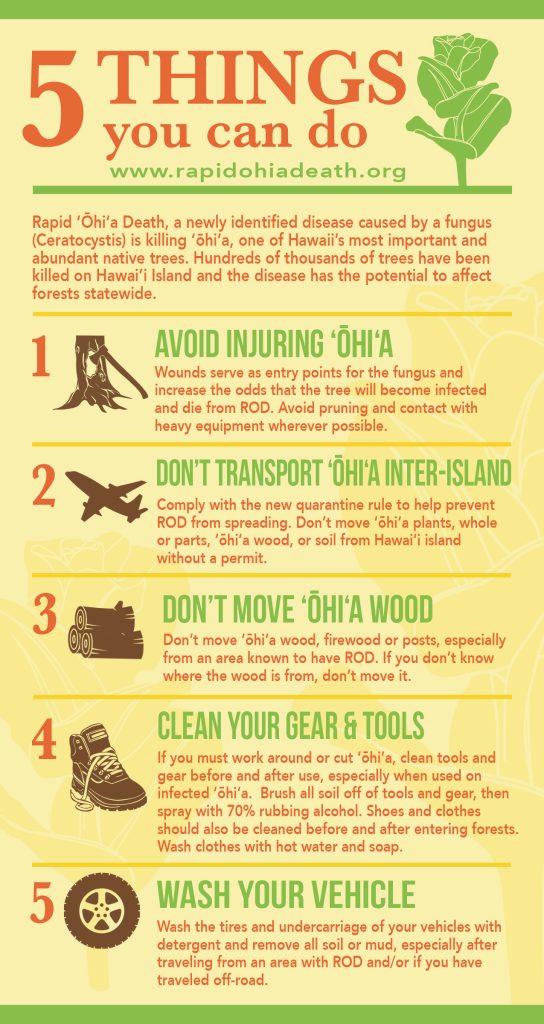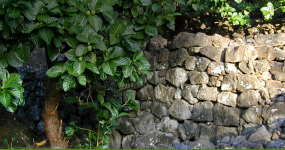
**IMPORTANT PARK NOTICES**
Monitor weather reports before your park visit.
•
[O’ahu] 1/28/26 - Mauna Ala, Royal Mausoleum State Monument will be CLOSED February 6, 2026 for palm maintenance.
•
[OʻAHU] 1/5/26 - Kaʻena Point Vehicle Access Permits available now: kaenasups.ehawaii.gov. All applicants must create a NEW account and apply as a new applicant.
•
[ALL ISLANDS] UPDATE – 12/12/25: Camping - Reservations for February 1, 2026 and beyond available at https://explore.ehawaii.gov, please create an account on Explore Outdoor Hawaiʻi to make a camping reservation.
Nāpali Coast State Wilderness Park
Nāpali Coast is one of the most recognizable and beautiful coastlines in the world. A very special place. The pali, or cliffs, provide a rugged grandeur of deep, narrow valleys ending abruptly at the sea. Waterfalls and swift flowing streams continue to cut these narrow valleys while the sea carves cliffs at their mouths. Extensive stone walled terraces can still be found on the valley bottoms where Hawaiians once lived and cultivated taro.
Learn more about the Nāpali Coast State Wilderness Park
Opening of Hāʻena State Park & Nāpali Coast State Wilderness Park
Hāʻena State Park (SP) and Nāpali Coast State Wilderness Park (SWP) are now open! Please read below and visit our Frequent Asked Questions page for more information.
Both Hāʻena State Park and the Nāpali Coast State Wilderness Park were closed from April 2018 to June 2019 following severe flooding on the north shore of Kauaʻi. Closure of the parks enabled the Division of State Parks to ensure better protection of our resources, mitigate decades of impacts to Hāʻenaʻs rural community, provide better on-site management and ultimately provide a higher-quality visitor experience through implementation of new park management strategies per the Hāʻena Master Plan.
IMPORTANT CHANGES IN PARK MANAGEMENT AND ACCESS
Nāpali Coast State Wilderness Park & Kalalau Trail: In-order to access the Nāpali Coast State Wilderness Park as well as the Kalalau Trail, visitors have to go through Hāʻena SP. Hāʻena SP now requires advanced reservations for entry except for those with valid camping permits for the Nāpali Coast SWP and for Hawaii residents. Those with Nāpali Coast SWP Camping Permits do not need to make a Hāʻena SP Park Entry Reservation. Please present your valid camping permit upon arrival.
- Camping Permits are available 90-days in-advance (Click Here: Camping Permits). Beginning February 1, 2026 we are transitioning to a new camping reservation system available at https://explore.ehawaii.gov. Please create an account on the Explore Outdoor Hawaiʻi site to be able to make a camping reservation for February 1 and beyond
- Limited overnight parking is available at Hāʻena SP for campers with overnight permits for Kalalau Valley (Click Here: GoHaena.com)
- Overnight parking at Haʻena SP is only allowed for those with valid overnight camping permits for Kalalau. Permits for Miloliʻi and any other location other than Kalalau will not be honored.
- Camping permits must be acquired from State Parks prior to purchasing overnight parking.
- Overnight parking spots are available for purchase up to 90-days in advance.
- Users will be charged for the number of days your vehicle occupies the lot (e.g. a one night stay will require paying for 2 days, a 4 night stay will require paying for 5 days, etc.).
- Overnight campers also have the option to arrive by shuttle (click here: GoHaena.com) or private drop-off.
- Overnight parking is also available in coordination with the North Shore Shuttle at Aliʻi Kai Resort in Princeville. For more information please call (808) 826-9988
- Valid Nāpali Coast SWP camping permits grant access to Hāʻena SP. Show permit on arrival.
HELP HAWAII FIGHT RAPID ʻŌHIʻA DEATH (ROD)
ʻŌhiʻa (Metrosideros polymorpha), the most abundant native tree in the state of Hawaiʻi, are dying from a new fungal disease. On Hawaiʻi Island, and currently spreading to other islands, hundreds of thousands of ʻōhiʻa have already died from this fungus, called Ceratocystis. Healthy trees appear to die within a few days to a few weeks, which is how the disease came to be called “Rapid ʻŌhiʻa Death.” This disease has killed trees in all districts of Hawaiʻi Island and has the potential to kill ʻōhiʻa trees statewide. – College of Tropical Agriculture and Human Resources (CTAHR), University of Hawaii at Manoa. There is no effective treatment to protect ʻōhiʻa trees from becoming infected with Ceratocystis or cure for trees that exhibit symptoms of the disease. Therefore, we have an important role to help prevent the further spread of Rapid ʻŌhiʻa Death. There are 5 simple things we can all do to help in this effort:
1) Don’t move ʻōhiʻa wood or ʻōhiʻa parts. If you don’t know where the ʻōhiʻa material is from, don’t move it.
2) Don’t transport ʻōhiʻa inter-island. Follow the Hawaii State Department of Agriculture quarantine rule and don’t move ʻōhiʻa off of the Island of Hawaiʻi.
3) Avoid injuring ʻōhiʻa. Wounds serve as entry points for the fungus and increase the odds that the tree will become infected and die from ROD. Avoid pruning and contact with heavy equipment wherever possible.
4) Clean gear and tools, including shoes and clothes, before and after entering forests. Brush all soil off of tools and gear, then spray with 70% rubbing alcohol. Wash clothes with hot water and soap.
5) Wash your vehicle with a high pressure-hose or washer if you’ve been off-roading or have picked up mud from driving. Clean all soil off of tires and vehicle undercarriage.
For more information on Rapid ʻŌhiʻa Death please see the videos and outreach material below.
ROD Brochure Hawai‘i Island Dec 2018 4-Panel
Additional Videos on Nāpali Coast State Wilderness Park
Mālama Nāpali
Area Weather Forecast

Hiking
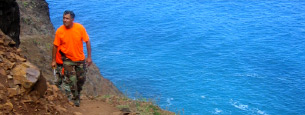
Hiking to Hanakāpīʻai Valley (2 miles in from trailhead) requires Entry and Parking Reservations at Haena. Anyone proceeding beyond Hanakāpīʻai MUST possess a valid camping permit.
Kalalau TrailPermit Requirements
Safety Concerns
FAQ’s
Camping
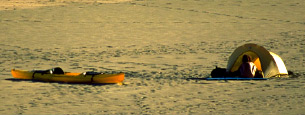
Camping permits for Nāpali Coast are extremely popular and often sell out months in advance, particularly during the summer. Please plan accordingly.
Special Permit RulesBOATING
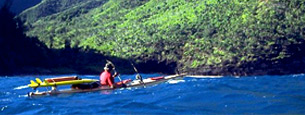
Other than hiking the coast, the only way to legally access shore areas in Nāpali Coast State Wilderness Park is by boat.
Boating InformationConcessionaires With Legal Permits

